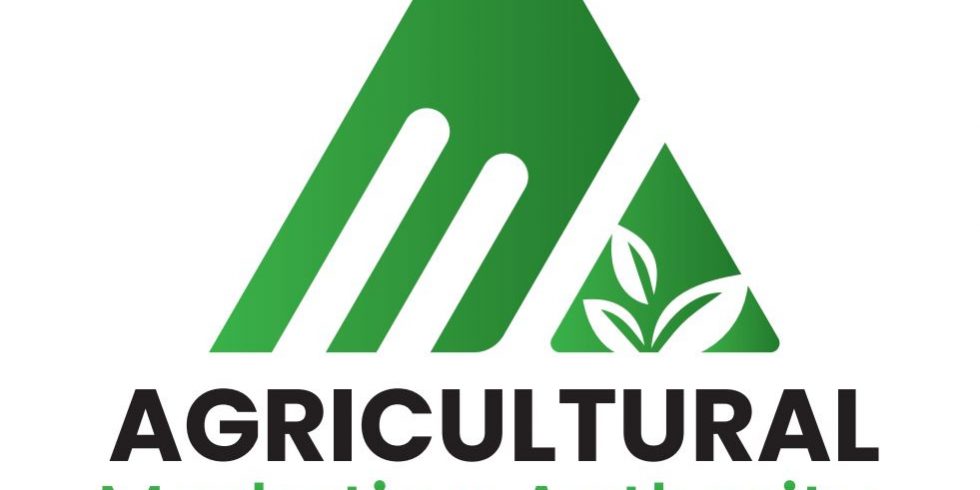WORD FROM THE MARKET
By Cliff Chiduku
People usually come up with business ideas after having discussions with friends, family members, or while having a lone moment. However, at times picking someone else’s idea and try to make it better can do the trick. Bee-keeping is usually the last of ideas that people would want to venture into, but it can be as rewarding as any other businesses if carried our properly.
Apiculture is an art or science of keeping bees for the purposes of harvesting hive products and offering bee related services. The aim of this article is to provide the relevant information on bee-keeping as a business and how it can transform livelihoods in Zimbabwe.
A Mutare-based farmer, Norest Moyo said his bee-keeping journey has not only been fascinating but rewarding. “One of the most important things every businessperson needs to have is product knowledge. Knowledge is power. My passion is more about bees, and I believe that when you take care of these insects, they will return the favour tenfold,” he said. He further added that “bees are responsible for most of the food we eat, and if we get rid of all our bees, humanity will obviously face extinction”.
Moyo reckoned that if every farmer becomes an apiculturist, they automatically become conservationists, because a bee farmer will always plant trees, make sure there are flowers around and reduce use of pesticides which can be dangerous to the environment. Below is some of the jargon used in beekeeping.
Key jargon
Colony is a group of bees comprising of a queen bee, hundreds of drones (male bees) and thousands of worker bees. When this group of bees occupy a space and make it their home, they are classified as a colony. Apiary is a place where a group of hives with bees are kept. A hive is a man-made shelter for bees to occupy and manufacture hive products. There are several hive products which include honey, propolis, royal jelly, bee venom, bee wax and nucleus colonies. Propolis and its extracts have applications which can be used in the treatment of ailments due to its anti-septic, anti-inflammatory, anti-oxidant, anti-bacterial, antimycotic, anti-fungal, antiulcer, anti-cancer and immunomodulatory properties.
Type of hives
Traditional – these are fixed comb hives usually made from barks or logs. They are cheap to acquire, but pose an environmental burden hence are not sustainable and are no longer encouraged. Deforestation to ring barking and logging destroys forests.
Transitional – These are designed from traditional hives into more modern hive designs. Examples of transitional hives include Kenyan and Tanzanian top bar hives. These have movable combs and usually used in a fixed apiary. If hives are transported, the combs breaks, so transitional hives are not ideal for migratory beekeeping. However, they are environmentally friendly if made from sustainably harvested timber.
Langstroth hives – These are hives comprising of a floorboard and brood box, a queen excluder, a honey super box and lid. They allow for migratory beekeeping because the combs are secure. Such hives are ideal for pollination services, commercial beekeeping operations as they are expandable.
Other bee-related services include swarm removal and relocation services, pollination, provision of beekeeping equipment, hives, protective clothing, smokers and bee brushes and training and consulting services, among others.
Kenyan top bar hive costs and average of US$25 and can produce 15kg to 20kg of honey per harvest. Langstroth hives cost and average of US$100 and can produce 12kg per one super box per harvest, a hive can have two to three supers. Average harvests can be two or three times per year depending on microclimatic factors, ecological zones and vegetation. Average selling price of honey is US$6 per kg.
Apiculturist said she realises more than US$4 000 monthly from beekeeping, especially from pollination services.
Market
Leading importers of honey in 2021, according to Statista.com, include US, German, Japan, UK, China and France. Demand is usually high, especially during winter due to prevalence of colds and flus. Drinking tea mixed with honey is a home remedy to soothe a sore throat. Yes, honey is believed to be an effective cough suppressant.
Analysts attribute low production in Zimbabwe to poor co-ordination, lack of appropriate technologies and poor beekeeping practices. This is the reason why the Agricultural Marketing Authority (AMA) is calling for apiculturists to register with the authority so that there is a coordinated production of honey and related products.
Zimbabwe should take advantage of “sweet” export opportunities and the ever-increasing global honey market to diversify income sources. With its medicinal and nutritional value, honey will always be on demand all-year round. It is evident that bee-keeping remains a high return and low risk agro-business. Undoubtedly, bee-keeping has the potential to contribute significantly to food and nutrition security as espoused in the National Development Strategy 1.
Peter Gwidibira, a bee-keeping expert and director of Mwamuna Agro and Honey Afrique contributed to this article.
Word from the market is a column produced by the Agricultural Marketing Authority (AMA) to promote market driven production of agricultural crops. Feedback cchiduku@ama.co.zw or WhatsApp +263781706212.





